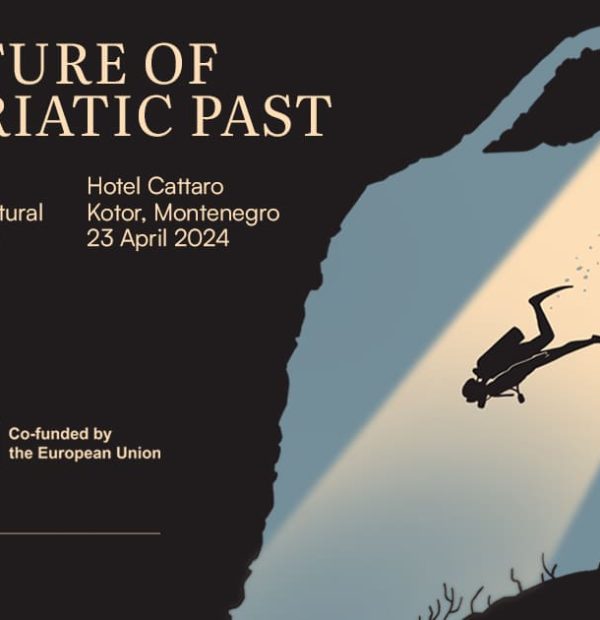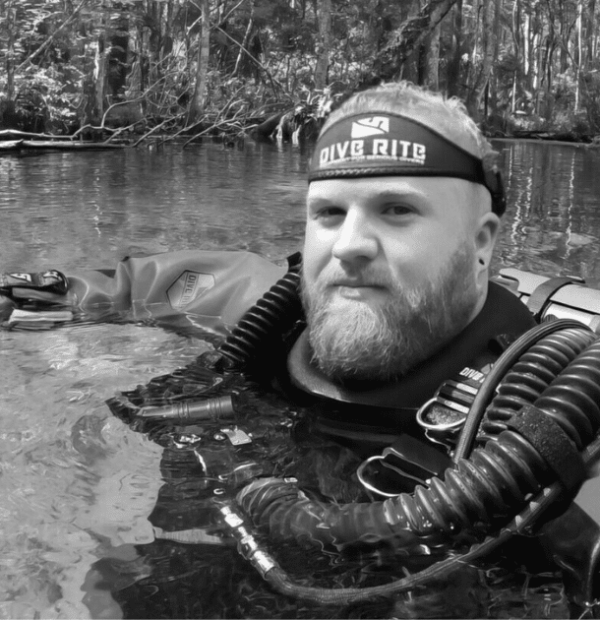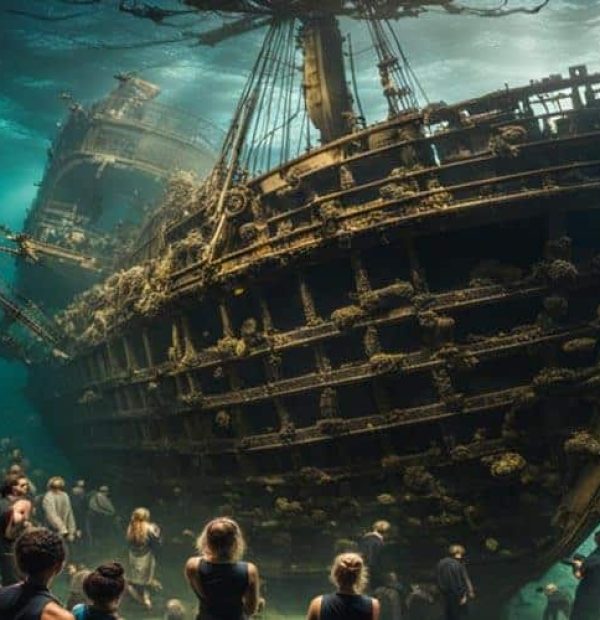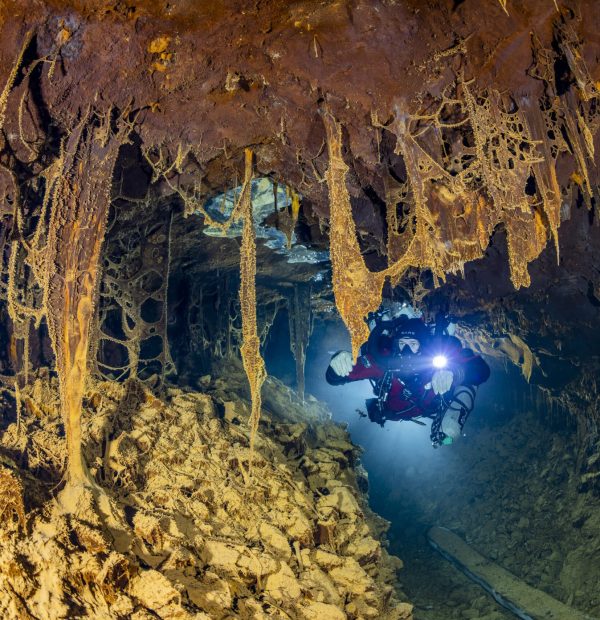Tuesday, 14 May 2024
Menu

The Greek Ministry of Culture and Sports has published in recent days the results of work carried out underwater in north-western Crete. The field research was carried out as part of a cyclical project and this was the fourth season of work.
The main objective of the archaeologists was to explore and document the ruins of the sunken city of Olounda, which represents the remains of the Minoan culture, one of the oldest Bronze Age civilisations in the Mediterranean, dating back to around 3000 BC.
The core of the team investigating the remains of the ancient city were archaeologists from the Greek Ephorate of Underwater Antiquities. They were supported by geophysicists from the Institute of Mediterranean Studies (FORTH) and a group of diving volunteers. All activities are carried out as part of a five-year research project that began in 2017
The team has so far carried out underwater research along the coasts of the Gulf of Elounda and the Spinalonga Peninsula. Archaeologists have uncovered the remains of submerged structures on both sides of the Isthmus of Poros, a site that was the centre of urban life in ancient times.
Most of the area explored is easily accessible from the shoreline, which, combined with the fantastic water conditions, has made the site extremely popular with diving and snorkelling tourists. After all, who wouldn’t want to see the remains of an ancient civilisation from several thousand years ago underwater?
In previous seasons, the team has come across evidence of shipping and maritime activity from various periods. These include fragments of an ancient pier and a cargo platform located on it. Materials used as ballast on ships, anchors and partial remains of Byzantine and 20th century shipwrecks have also been discovered.
Last season focused on the shallow waters north and south of Poros. Divers removed sand and vegetation, documenting the remains of ancient structures.
The team uncovered the upper part of a large, elongated structure that was initially thought to be part of the city walls or further remains of an ancient pier. It is only with further research and continued excavations around the structure that its exact shape will be determined and perhaps the function it served.

In addition to Poros, underwater research continued in Krios Bay, east of the Spinalonga peninsula. Large concentrations of pottery were found there on the seabed. Further investigations along the coast to the Gulf of Vathi revealed more pottery and the remains of a sunken building.
A fresh water spring was found on a nearby beach, as well as Minoan pottery. It was mixed with many purple oysters, used to make an ancient dye. In the nearby Tsiflika area, the sunken remains of buildings and an elongated structure, called a ‘road’ by locals, were located and photographed from the air. The structure may have served as the main thoroughfare to the now submerged building complex.
The city disappeared in the waters of the Mediterranean Sea probably due to a large landslide. Another hypothesis speaks of a powerful earthquake that occurred in the year 780.
Photo: Hellenic Ministry of Culture and Sports









Welcome to DIVERS24.COM, your daily source of scuba news, freediving, scuba diving information, and equipment reviews. Our comprehensive coverage of the dive industry from A to Z provides you with all the latest scuba news, training updates, underwater photography tips, and everything else related to scuba diving. Whether you’re a beginner or an experienced diver looking for more knowledge about scuba gear or techniques – we’ve got it covered! With our in-depth articles written by experienced divers who have been there and done that, you are sure to find exactly what you need here at Divers24.com. Dive into scuba news today!
Underwater Media Sp. z o.o.
Szafarnia 11/F8,
80-755 Gdansk, Poland
Welcome to DIVERS24.COM, your daily source of scuba news, freediving, and scuba diving information. Sign in for a weekly news update and discount coupons for dive gear and apparel.
@2023 - underwatermedia.pl. All Right Reserved. Designed and Developed by Tworzenie stron internetowych Gdansk

The Divers24 portal is currently the largest online medium treating diving in Poland. Since 2010 we have been providing interesting and important information from Poland and around the world on all forms of diving and related activities.
Contact us: info@divers24.com